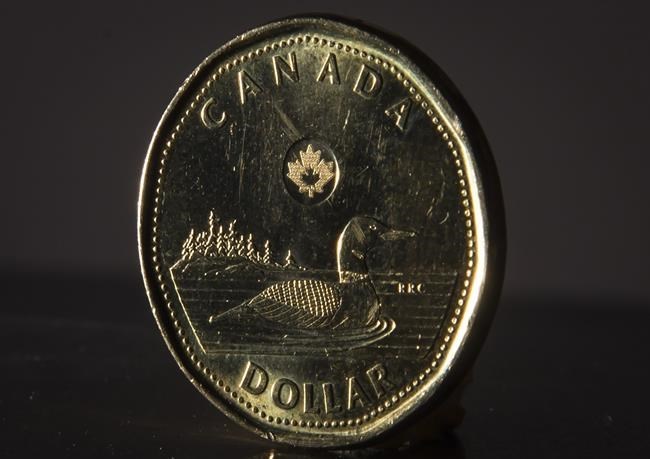TORONTO — Canada's main stock index was up more than 200 points Friday amid stronger-than-expected jobs data, with strong gains in the financial sector and base metals, while U.S. stock markets also posted gains.
The S&P/TSX composite index was up 208.59 points at 19,449.81.
In New York, the Dow Jones industrial average was up 401.97 points at 32,403.22. The S&P 500 index was up 50.66 points at 3,770.55, while the Nasdaq composite was up 132.31 points at 10,475.25.
Markets are being driven this week by macro-economic data, said Allan Small, senior investment advisor at iA Private Wealth. Employment data released Friday was stronger than expected in both Canada and the U.S., and that combined with optimism that China’s COVID-19 rules might ease is giving hope to investors, he said.
But U.S. employment data does show that the economy is cooling, albeit slower than the central banks have hoped, said Small.
“Even though it’s still above what they were anticipating ... that was still lower than the month before, which was lower than the month before that,” said Small.
Employment is a major driver of this, he said, as businesses are still struggling to hire.
“The Fed is trying to slow everything down, but yet they can’t slow down the hiring, because businesses are starving for workers,” he said.
The Canadian dollar traded for 73.98 cents US compared with 72.73 cents US on Thursday.
The dollar is up more than a cent on strong jobs data, said Small.
Meanwhile, he said the price of oil was up because of optimism that China could loosen its zero-COVID policy, which would open up the Chinese economy and increase demand for fuel.
The December crude oil contract was up US$4.44 at US$92.61 per barrel and the December natural gas contract was up 42.5 cents at US$6.40 per mmBTU.
Much of the economic data central banks are relying on is lagging, said Small, meaning there’s a chance the rapid rate hikes will catch up in a few months’ time and culminate in a sudden slowdown. Meanwhile, the stock market is forward-looking, he said.
“These are lagging indicators, and the stock market is confused. But once it starts to rally, it's going to tell me that things will be better, perhaps, second half of next year.”
But it’s not impossible that things will just take a gentle downturn instead, Small said. In particular, Small said if the central banks don’t go above five per cent with rate hikes, the economy could have the soft landing everyone is hoping for.
“Right now, macro is ruling the micro, no matter how good earnings are,” he said.
In the next round of inflation data Small said he will be looking for signs of this easing.
The December gold contract was up US$45.70 at US$1,676.60 an ounce and the December copper contract was up 26 cents at US$3.69 a pound.
This report by The Canadian Press was first published Nov. 4, 2022.
Companies in this story: (TSX:GSPTSE, TSX:CADUSD=X)
Rosa Saba, The Canadian Press


